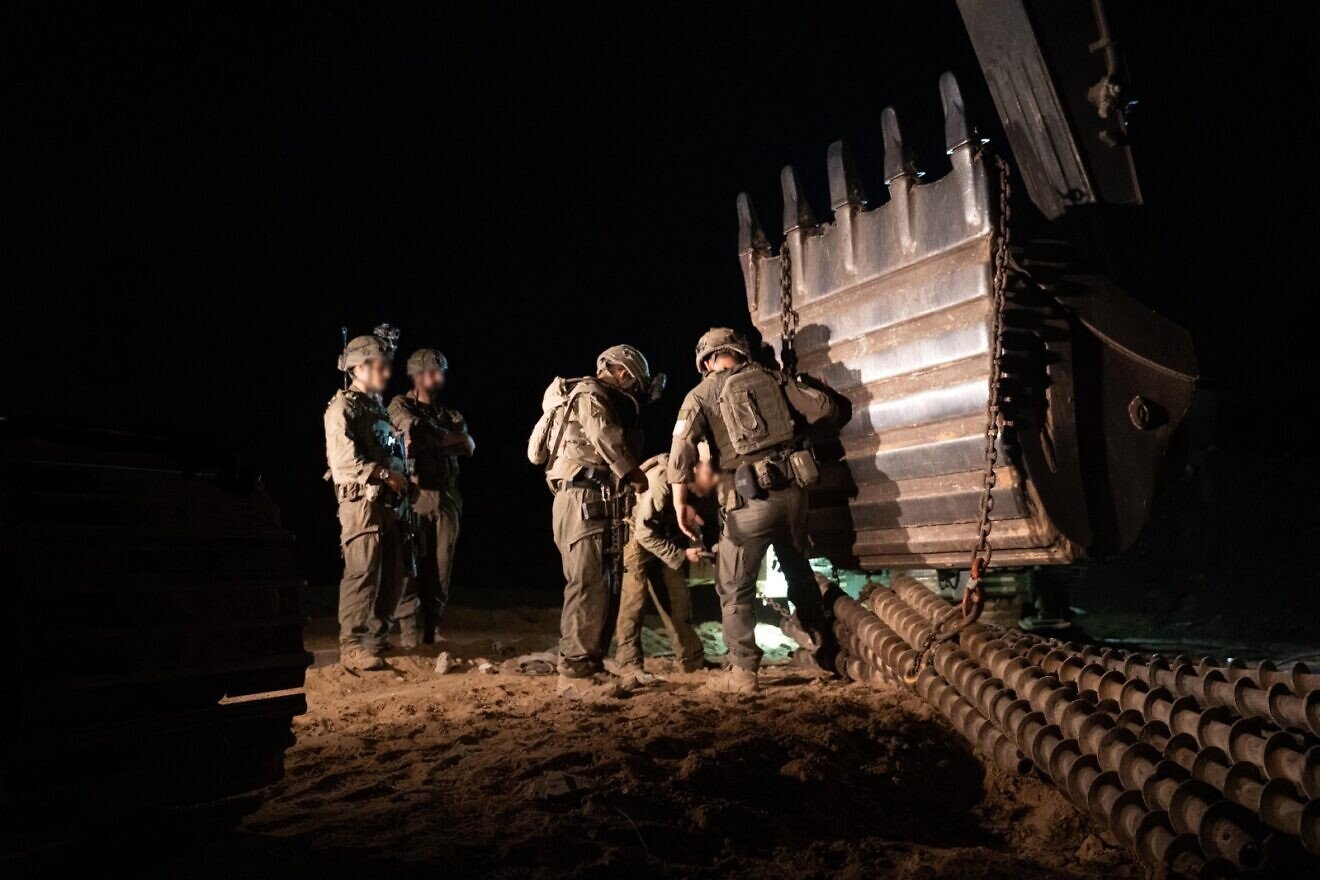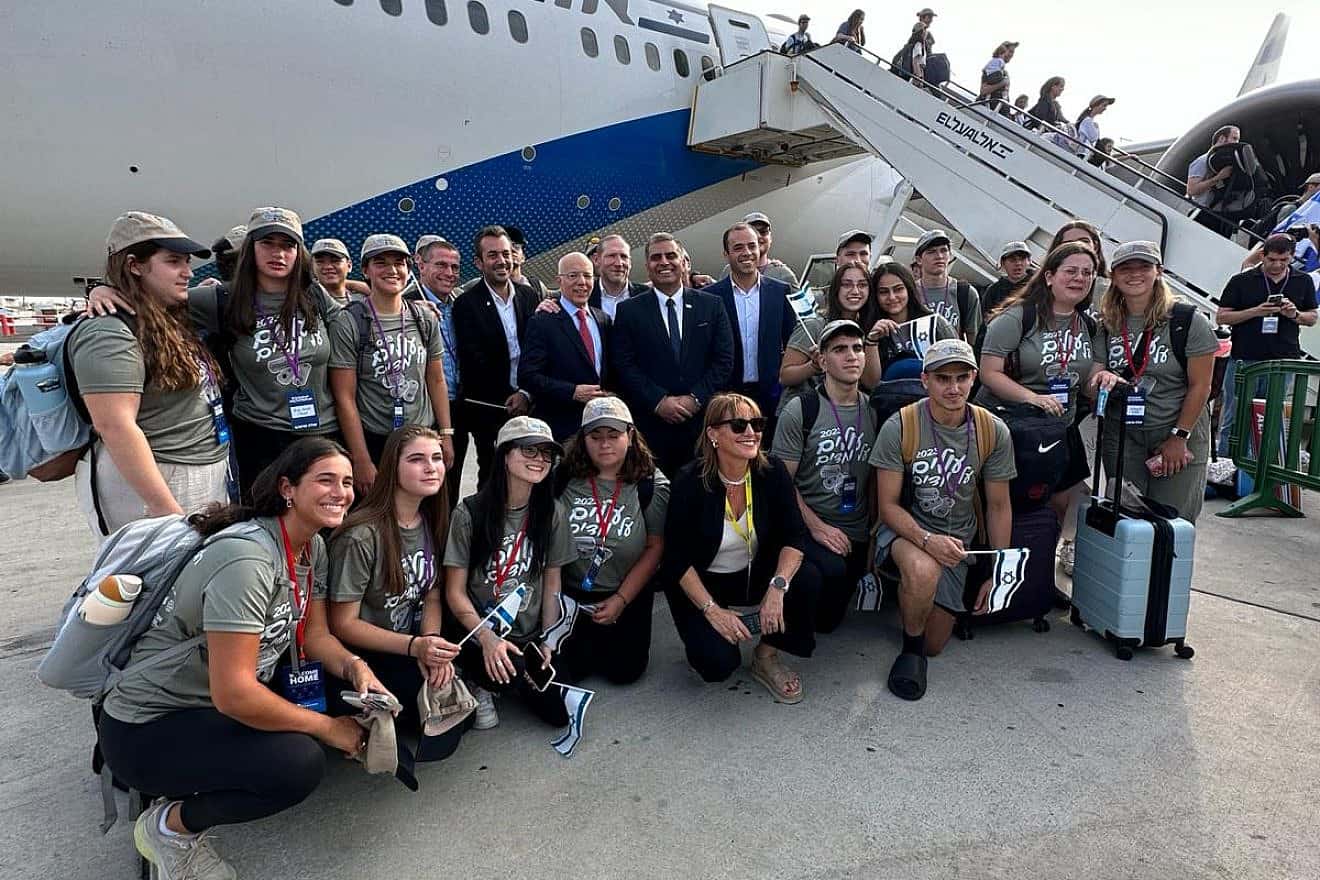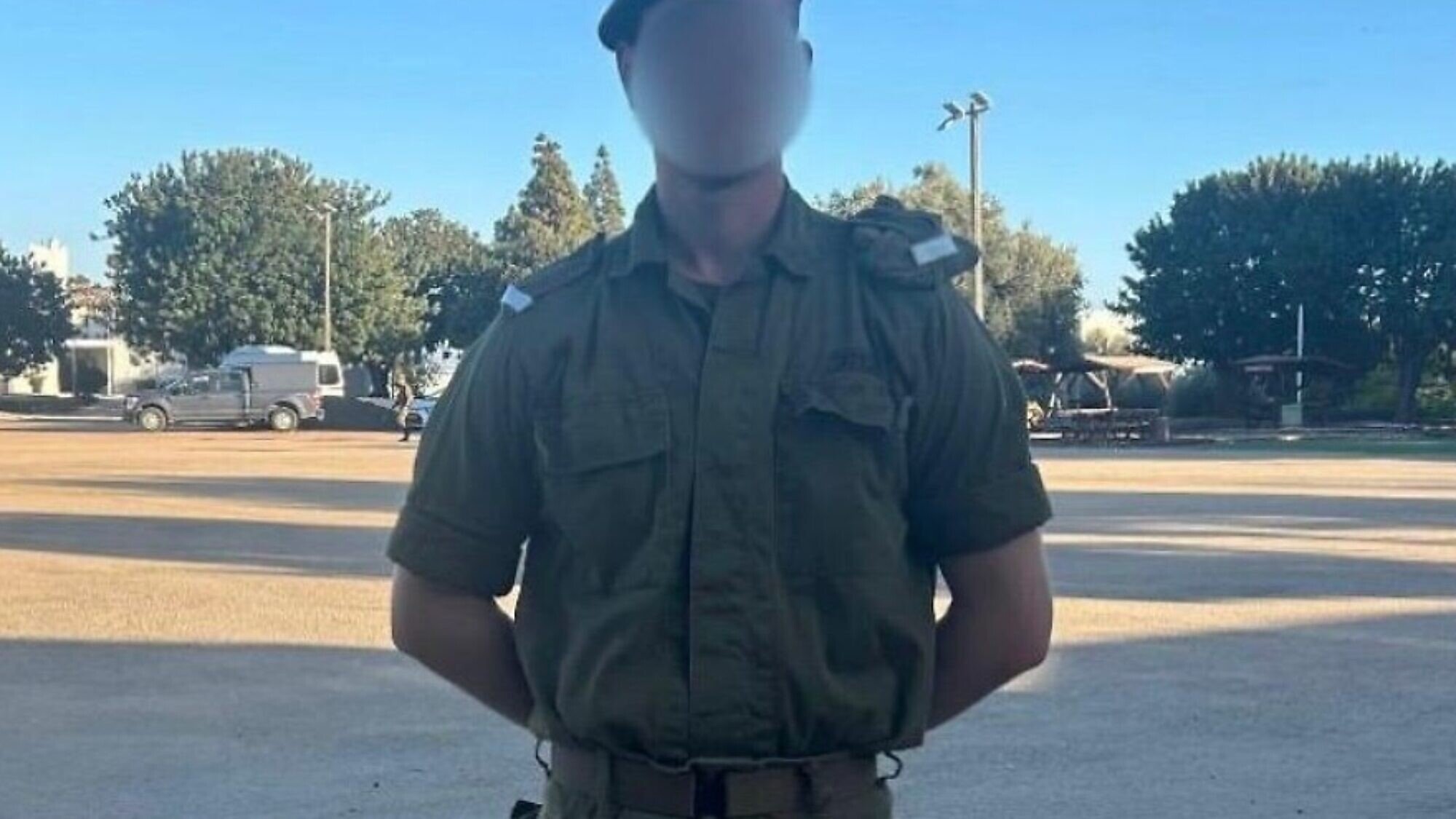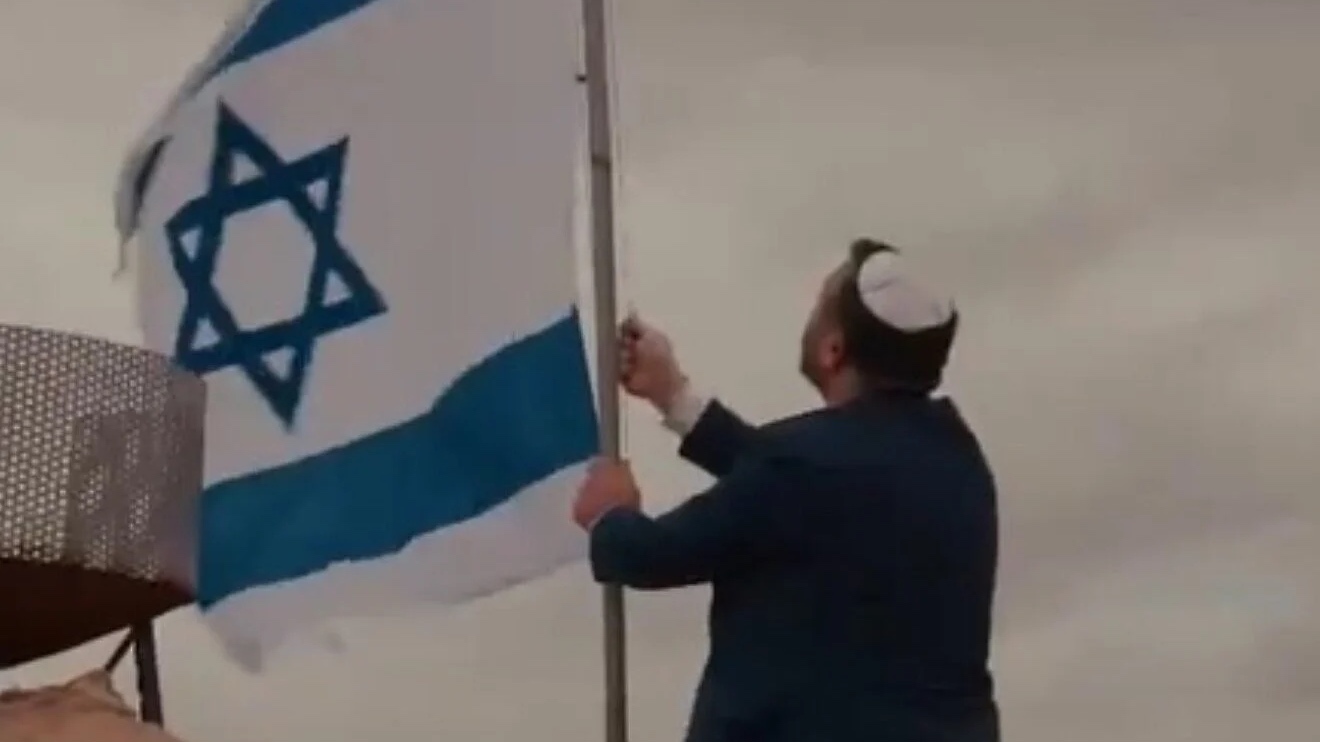(JNS) After Hamas launched a war with its Oct. 7, 2023, massacre, planes filled with Israelis and new immigrants poured into the country—many of them determined to support the Jewish state even if it meant uprooting their lives and, for some, serving in the army.
“When I came to Israel for the first time, it felt like home instantly,” said Pvt. J, 23, who moved to Israel from Tenafly, New Jersey, to study at Reichman University in Herzliya about three years ago, and immigrated in January 2024.
With that decision came the move to enlist in the Israel Defense Forces. “One of the biggest challenges was dealing with a kind of guilt—enjoying life in the country while other kids don’t have that choice, because as soon as they turn 18, they have to serve,” he told JNS.
“If I wanted to live in Israel and stay here, this was something I had to do,” he added.
When the time came to enlist, J was still not fluent in Hebrew, having studied at an international university where most of his classes—and social life—were in English and centered around other immigrants.
Like many new immigrants seeking to serve in the IDF, J joined a program at Michve Alon, a base under the IDF Education Corps that trains immigrant soldiers who have limited Hebrew skills. The program provides intensive language instruction and prepares participants for their military roles.

Israeli soldiers from the 7th Armored Brigade and Golani Brigade operate east of the Yellow Line in Khan Yunis, southern Gaza, as part of the effort to uncover and dismantle Hamas terror tunnels and infrastructure. Credit: IDF.
“We have Hebrew lessons every day. We’re all olim hadashim—new immigrants—from all over the world. There are kids from France, Argentina and Russia, and we’re all here to improve our Hebrew,” said J. “It’s a three-month course that’s not only about learning the language but also about the history of Israel, Zionism, and what it means to be a Zionist—learning about Herzl, Jabotinsky, and other influential figures who helped create the State of Israel,” he said.
“Both my Hebrew and my understanding of the State of Israel have improved a lot,” he added. “It makes you feel excited for your upcoming service.”
Each day at Michve Alon is a little different, he explained, but a typical one starts around 6 a.m. Soldiers either meet downstairs for breakfast or organize their rooms before beginning Hebrew lessons that run throughout the day.
“We’ll have a lesson about the history of Israel or about the correct use of Hebrew tenses,” he said. “Each class lasts about 30 to 45 minutes and is followed by a 15-minute break. After lunch, we attend group meetings with our commanders and higher-ups, where they explain what it means to be part of the army.”
“They talk about the responsibility that comes with service—what it means to look out for one another, to be a good friend, to develop valuable human qualities for life,” he added.

Israeli Aliyah and Integration Minister Ofir Sofer (standing, center) at Ben-Gurion International Airport with new immigrants from the United States who plan to enlist in the Israel Defense Forces. Credit: Courtesy.
Afterward, soldiers return for additional Hebrew lessons before heading to physical training, particularly for those like J who plan to join combat units. In the evening, they have about an hour to shower and catch up with friends or family before lights out.
As for the Hebrew lessons themselves, J said the content varies. “Some days we learn vocabulary for everyday activities like visiting the doctor or ordering food,” he said. “Other days, the lessons focus on military terminology—different kinds of artillery, grenades, guns and their parts. It’s really important to understand what commanders are saying, because if something gets lost in translation, it could lead to disaster.”
The course lasts three months, after which J expects to enlist either in the Paratroopers unit or the Border Police.
Back in New Jersey, J attended a Jewish private school from kindergarten through eighth grade, where he made lifelong friends—some of whom also enlisted in the IDF. “I grew up in Teaneck and then moved to Tenafly during my freshman year of high school,” he said. He was raised in a Jewish household that, while not particularly religious or conservative, maintained traditional Jewish values.
Although he first came to Israel only after starting high school, he said he grew up learning about the Jewish state and hearing stories about it. “When you step off the plane and see people wearing yarmulkes, speaking Hebrew, wrapping tefillin and praying at the airport—you feel like you’re home, like you’re surrounded by people who are just like you,” he said. “You don’t get that feeling anywhere else in the world.”
J said that hearing about Edan Alexander—a soldier kidnapped by Hamas on Oct. 7 and released in a ceasefire deal in May 2025—had a major influence on his decision to enlist. Another factor, he said, was the global wave of antisemitism that followed Oct. 7.
“My family asks if I’m worried about being in Israel during a time of war, about serving in the army now,” he said. “But for me, this feels like the most important time to serve. This country has given me so many good experiences, friends and memories—it’s my turn to give back. With all the antisemitism happening around the world, you almost feel safer in Israel, even though it’s a war zone.”
“My sister studies in New York City and has had a really hard time getting to classes—she’s had to conceal her identity because of antisemitism on campus,” he continued. “When I go back to New Jersey, I wear a Star of David, but sometimes I tuck it into my shirt so I don’t have to deal with rude or disrespectful comments just because I’m Jewish. Here in Israel, I feel very safe and comfortable. It’s a special feeling.”
Want more news from Israel?
Click Here to sign up for our FREE daily email updates














